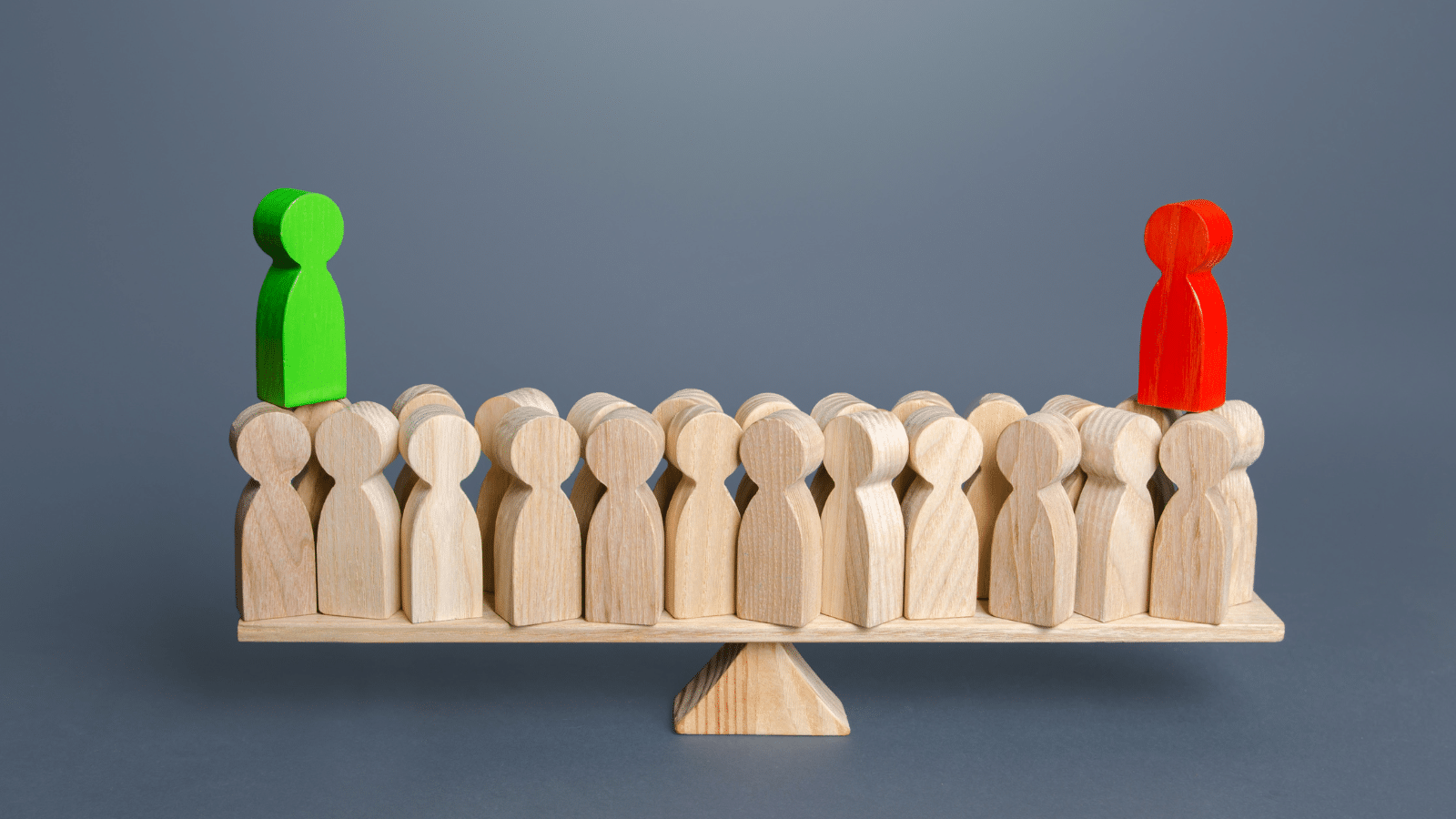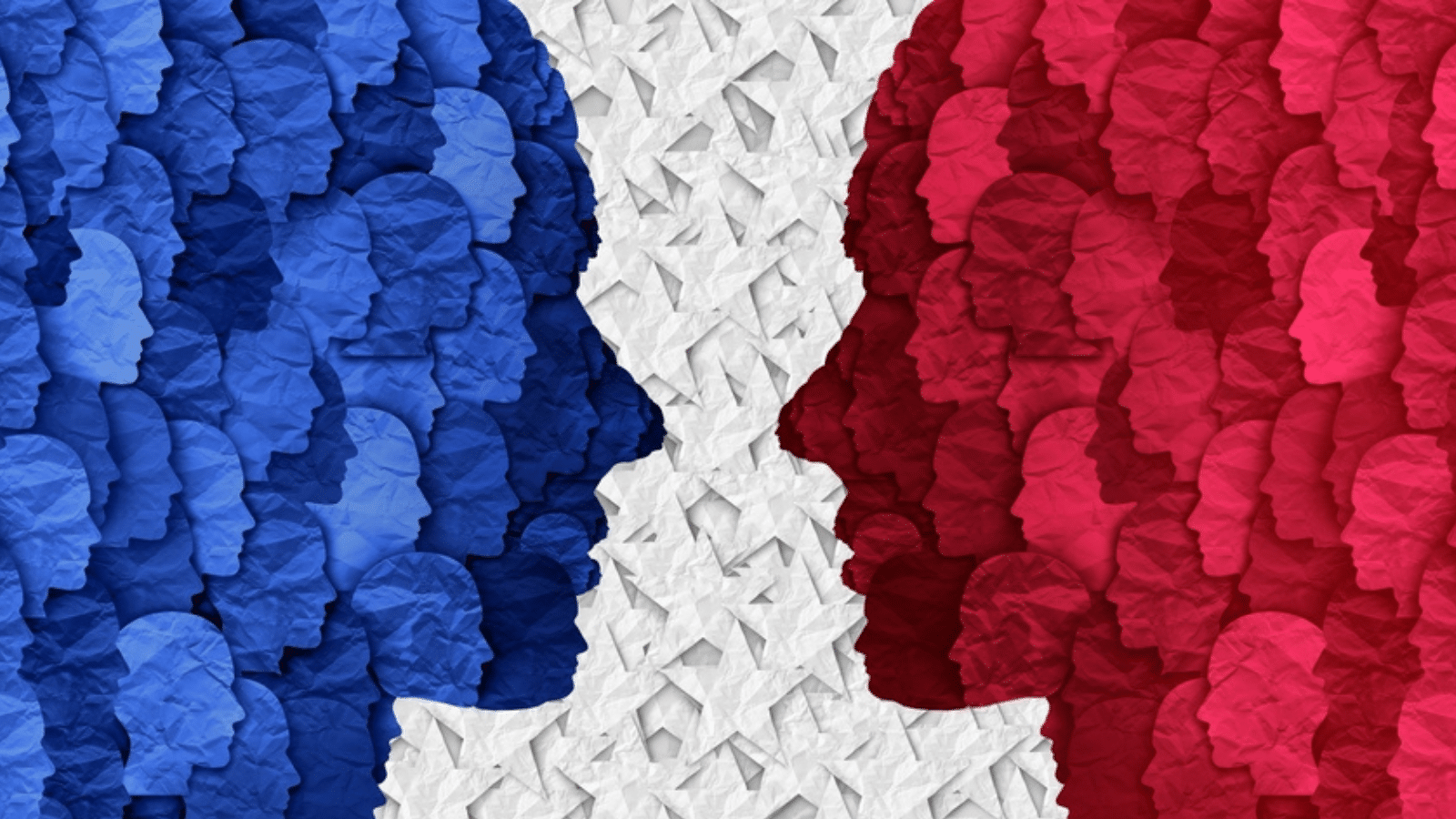Religion has its pros and cons in todays society. This article focuses on the bad and how religion can fail to provide a strong moral and ethical foundation even though it may preach that it does.
Selective Interpretation of Sacred Texts

Many adherents may cherry-pick passages from holy scriptures to justify their moral stance, ignoring broader ethical themes that counter their interests. This selective interpretation can lead to a skewed moral compass, potentially fostering discrimination or hatred that the religion overall may not condone.
Historical Context vs. Modern Morality

Religions often have roots in ancient contexts with different moral and ethical standards. Without re-interpretation for contemporary society, archaic practices and beliefs could be perpetuated, failing to provide guidance that aligns with modern ethical considerations such as gender equality and human rights.
The Problem of Evil and Suffering

The prevalence of evil and suffering in the world can be morally disorienting for believers, sometimes leading to a crisis of faith. If religious teachings fail to offer a convincing explanation or comfort, individuals might find themselves without a clear ethical framework in the face of adversity.
Exclusivity Claims and Tribalism

When a religion claims exclusivity to truth and moral righteousness, it can foster an “us versus them” mentality. This may lead to moral tribalism, where ethical considerations are only extended to those within the religious group, undermining universal ethical principles such as compassion and empathy.
Misuse of Religious Authority

Clerical abuse or manipulating religious authority can lead to moral failings, where leaders take advantage of their position for personal gain. This misuse can disillusion followers and erode the moral and ethical foundation that religion is supposed to provide.
Gender Bias and Inequality

Certain religious doctrines propagate gender roles that can institutionalize sexism and inequality. When religion fails to adapt or challenge these biases, it can perpetuate a moral framework that undervalues the rights and contributions of women.
LGBTQ+ Discrimination

Some religions have strict doctrines regarding sexuality and gender identity, leading to the marginalization of LGBTQ+ individuals. By denying equality and dignity to these groups, these religious teachings fail to support a moral and ethical foundation based on inclusivity and love.
Conflicts with Scientific Understanding

When religion outright rejects scientific findings that contradict literal interpretations of scriptures, it can foster a dismissive attitude towards empirical evidence and critical thinking, which are essential for ethical decision-making in a complex world.
Impacts of Proselytizing

Aggressive proselytizing efforts can sometimes disrespect the beliefs and cultures of others, leading to ethical issues regarding autonomy and consent. By prioritizing conversion over coexistence, religious groups can fail to promote a respectful and inclusive moral framework.
The Dangers of Fundamentalism

Religious fundamentalism often leads to rigid thinking and intolerance, which can escalate into violence and extremism. This undermines the potential for religion to provide a peaceful and ethical foundation for living.
Economic Exploitation

When religious institutions become entangled with wealth accumulation and commercialism, they can stray from their foundational ethical teachings. This focus on material gain can compromise the integrity of the moral guidance offered.
Animal Rights and Environmental Neglect

Some religious traditions may not emphasize the well-being of animals or the preservation of the environment. This can lead to ethical blind spots where the stewardship of nature and the humane treatment of animals are overlooked.
Child Indoctrination and Autonomy

The practice of indoctrinating children into religious beliefs can be seen as a violation of their developing autonomy and right to choose their own ethical paths. This might discourage individual moral reasoning, which is essential for a well-rounded ethical foundation.
Interfaith Intolerance and Conflict

A failure to respect and understand different religions can lead to conflict and prejudice, impairing the development of a globally relevant ethical framework that embraces diversity.
Contribution to Socioeconomic Inequality

If a religion’s hierarchy is tied to social or economic status, it can contribute to systemic inequality. By reinforcing existing power structures, the religion may inadvertently uphold unethical practices.
Healthcare and Bodily Autonomy

Religious doctrines that influence healthcare policies can sometimes infringe on individual rights to bodily autonomy, making moral decisions on behalf of others without their consent, such as in issues of contraception, abortion, and end-of-life care.
Political Manipulation

Religion’s involvement in politics can sometimes undermine democratic values by imposing a specific moral order rather than allowing a pluralistic ethical discourse to shape policy.
Education and Critical Thinking

If religious education does not encourage critical thinking and open inquiry, it may limit the development of a robust moral and ethical foundation that can adapt to new societal challenges.
Role in War and Violence

Religion has historically been used to justify war and violence, which directly contradicts the ethical teachings of peace and non-violence promoted by many faiths.
21 Things That Shout You’re “Lower Class” According To Men

Class wars creep up in all aspects of life, including dating. We take a look at the things that men believe are telltale signs that you are lower class.
21 Things That Shout You’re “Lower Class” According To Men
Boomer Zoomers vs. Millennial Meh: 10 Cars the Older Gen Loves but Millennials Just Can’t Stand

The change in the automotive industry has been incredible over the year. Baby boomers born between 1946 and 1964 can’t get enough of the cars listed below, as muscle cars emerged in the 1960s, and new technologies appeared in the 1970s and 1980s. You can imagine why boomers genuinely appreciate these vehicles.
Boomer Zoomers vs. Millennial Meh: 10 Cars the Older Gen Loves but Millennials Just Can’t Stand
Across the Pond Disdain: 18 Horrendous American Habits Foreigners Just Can’t Stomach

There is a lot to love about America, from the bright lights of New York to the incredible breakfasts, but foreigners also dislike many things. We look at everything from poor public transport to an intimidating tip culture, sharing 18 things that America could be better at.
Across the Pond Disdain: 18 Horrendous American Habits Foreigners Just Can’t Stomach
Out with the Old: 18 Gen X Fads That Millennials and Gen Z Just Can’t Vibe With

While some old habits die hard, there are some things that Gen X need to eliminate as they are no longer relevant.
Out with the Old: 18 Gen X Fads That Millennials and Gen Z Just Can’t Vibe With
18 Unpleasant States You Might Want to Skip on Your Next Trip

When thinking of America, we don’t expect there to be boring or unpleasant places to visit. We see all the different states on the TV, and they show the best parts. However, there are some states you won’t want to visit, and you should brace yourselves if you ever happen to stumble into them.
18 Unpleasant States You Might Want to Skip on Your Next Trip






